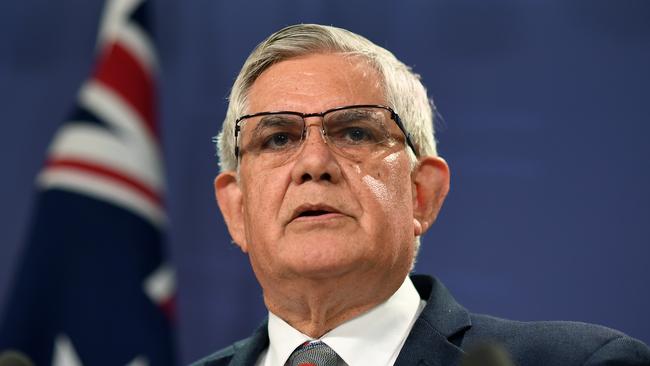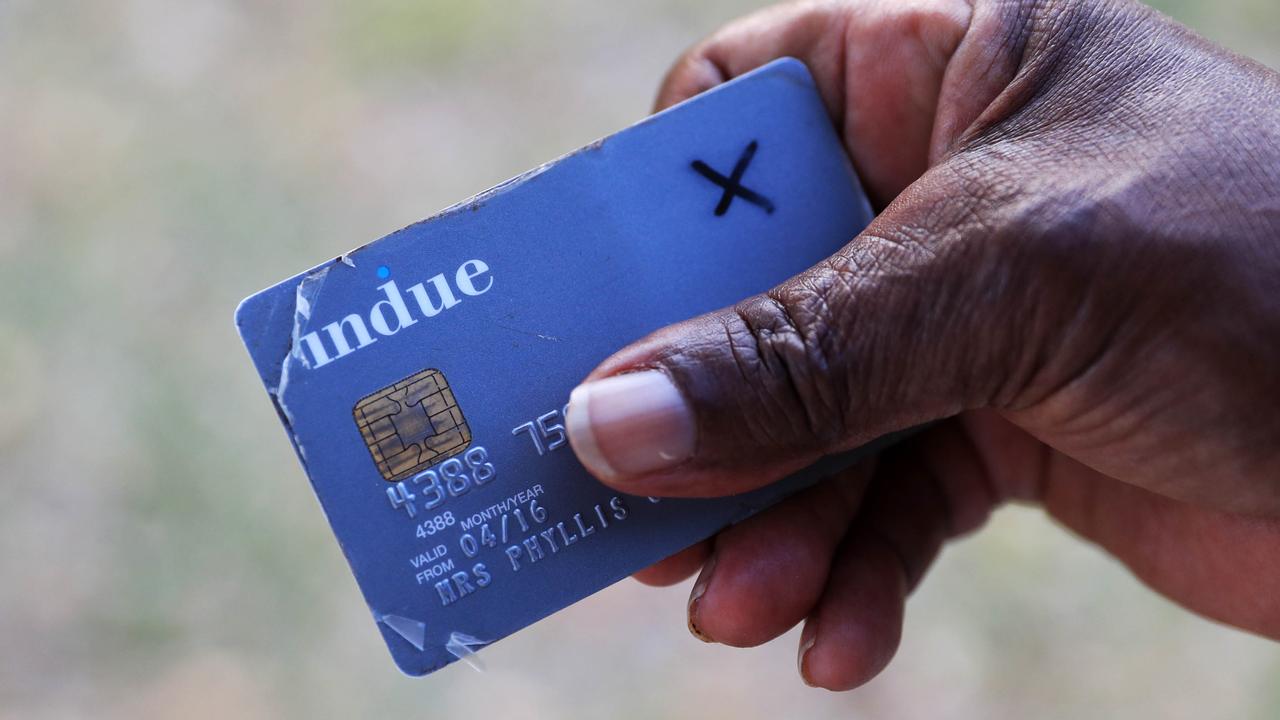Wyatt confronted with stark reminder of youth suicide scourge
When Ken Wyatt visits remote communities across northern Australia, the tally of lives cut short is recorded for all to see.

When Ken Wyatt visits remote Aboriginal communities across northern Australia, he knows the tally of lives cut short is often recorded for all to see.
“In some places they chop down the tree when somebody committed suicide so that it’s not used again,” Mr Wyatt said.
“There is a community in the Kimberley and when you go into it you see those tree stumps, so you know from those tree stumps the number who have taken their lives.”
Mr Wyatt, the first indigenous Australian to become a federal minister, is among politicians around Australia dealing with an indigenous suicide crisis.
There were 180 indigenous suicides in Australia last year, a third of them children. So far this year, 35 indigenous people have died by suicide, 11 of them children, including a 12-year-old girl from the Pilbara in Western Australia’s north and a 12-year-old girl in South Australia. While indigenous children make up about 5 per cent of the overall child population in Australia, this year they account for almost 40 per cent of suicides by Australians under 18.
Mr Wyatt said a lot of Aboriginal kids had been saved just in time by the quick actions of good Samaritans.
“I met a mother who has cut down 10 young people,” he said.
Australia’s federal and state governments have all admitted failures in suicide prevention. Queensland is expected to release its indigenous suicide prevention strategy next month while WA has pledged a whole-of-government response to an inquest into the suicides of 13 Aboriginal children and youths in the far north Kimberley between 2012 and 2016.
Four indigenous people took their own lives this week, including two 20-year-olds.
The high rate of indigenous suicide has prompted questions about Coalition policy, including the decision of the former Abbott government to cut $534 million from indigenous programs over five years.
Indigenous Affairs Minister Nigel Scullion was unapologetic about cutting services that he said were unable to improve outcomes.
Senator Scullion said among the new policy successes were the “flying squads” he funded 2½ years ago to help indigenous families and communities after a suicide.
The National Indigenous Critical Response Service was formed after the suicide in 2015 of 37-year-old Aboriginal woman Rhoda Narrier, whose 11-year-old son Peter Little had taken his own life in the WA port of Geraldton nine months earlier.
Senator Scullion said the “flying squads” had supported more than 300 grieving families so far and fixed ongoing issues for those families such as housing.
“They get the services together — you do this, you do that,” he said.
“There hasn’t been a suicide within the families (they have worked with). That is a demonstrable success.”
Mr Wyatt’s suicide prevention roundtables in the Kimberley and Darwin began as a way to help communities get more efficient services, but they have also been a revelation about what young indigenous people say they need.
They have told Mr Wyatt they want role models who can help them at their most vulnerable moments, including late at night.
This has confirmed Mr Wyatt’s belief that health organisations must abandon office hours and make themselves available to help indigenous kids.
“Young people were very clear. They said, ‘why don’t you offer services outside of 9-to-5? Why isn’t there somebody available 24-7?’” he said.


